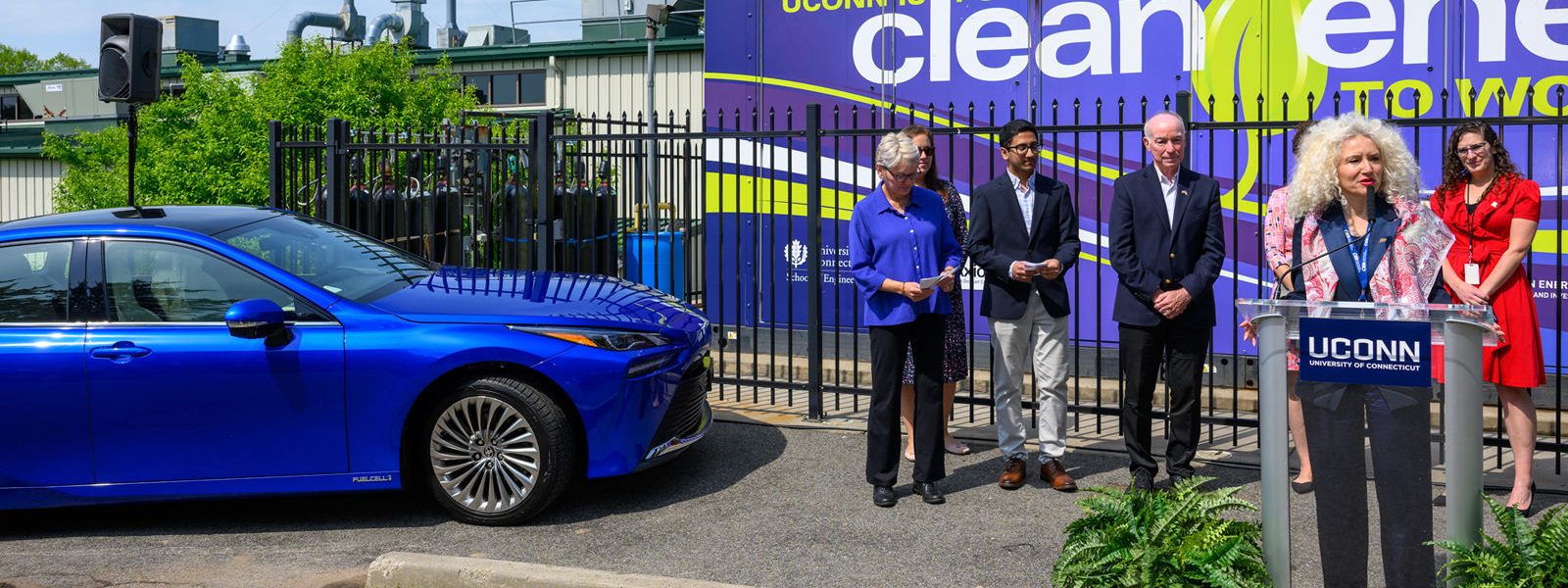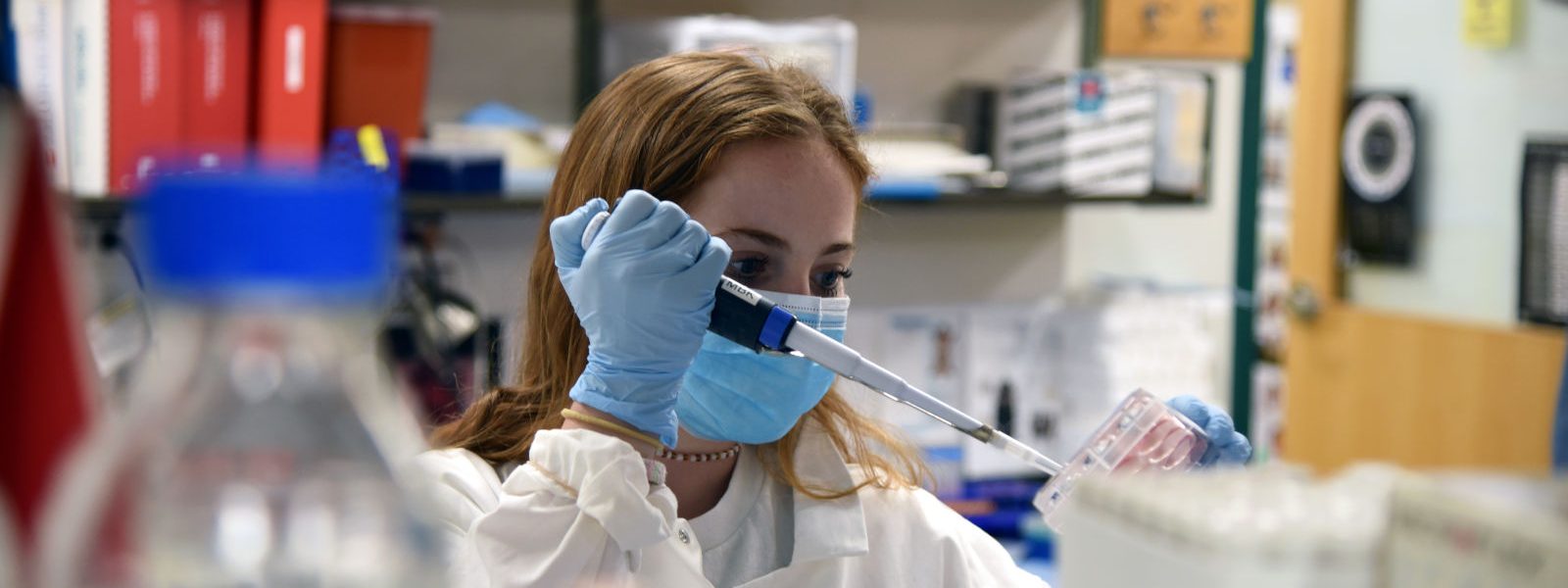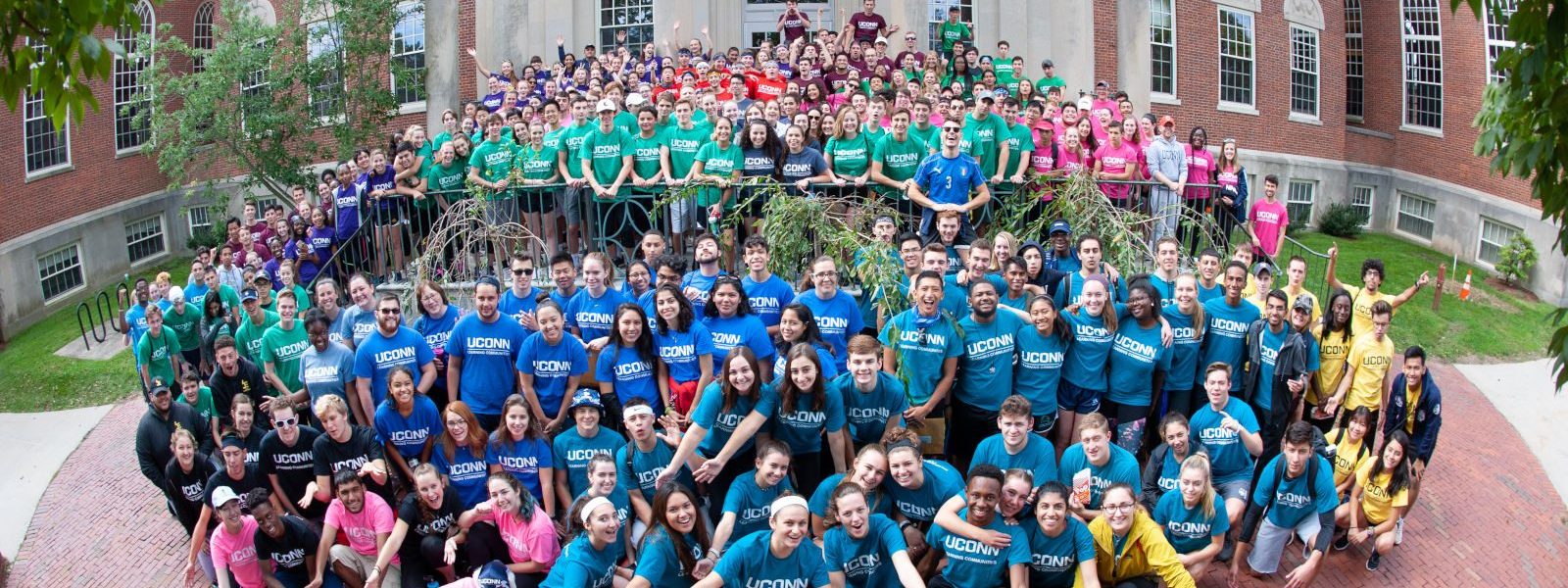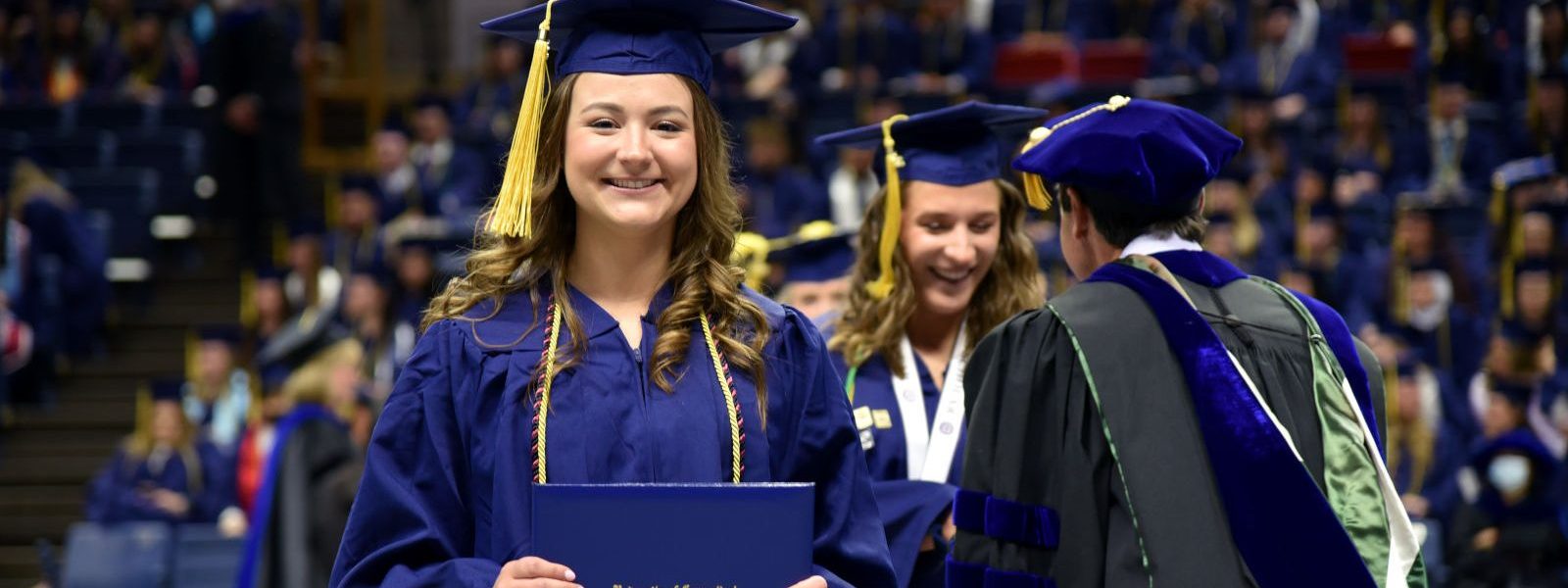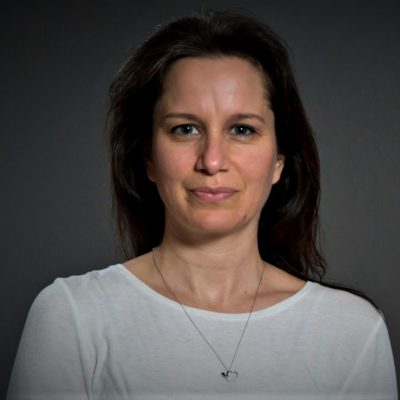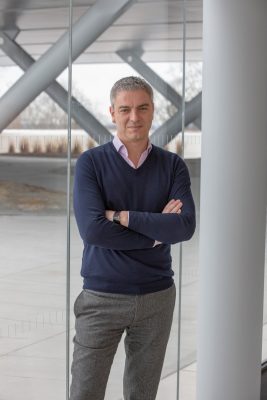Chemical & Biomolecular Engineering
We foster a sense of responsibility and community, create a desire for lifelong contribution and learning, and nurture an appreciation for scholarship creativity.
Explore Our Research
Chemical and biomolecular engineers are very essential to provide leadership, and research in developing innovative technological solutions for a better today and future. Our core focus on chemical and biomolecular research, and our rigor, depth, breadth and interdisciplinarity we are uniquely placed to integrate knowledge, methods, tools, and data across scientific and engineering disciplines to solve the difficult, complex, critical issues of our today.
Explore Our Undergraduate Program
School of Engineering at the University of Connecticut is committed to teaching our next generation of researchers, inventors and contributors to the field of chemical and biomolecular engineering that is regarded nationally for its impact and quality. Our undergraduate program is highly renowned in the state and region. We are very proud of our distinguished undergraduate program for its contributions to chemical and biomolecular engineering. Our undergraduate students rank among the highest in Connecticut, and region.
Explore Our Graduate Program
Graduate work in chemical and biomolecular engineering provides an opportunity for students to further their studies and research. Our graduate program uses cutting edge tools, and resources so that we can contribute to shaping new methodologies for chemical and biomolecular engineering research. We help provide coursework and guided research for the M.S. and Ph.D. students. This exposure allows students to have core principles augmented that students receive as undergraduates. Their research gives unparalleled experience in problem solving, a key component to challenging issues of today for a better tomorrow.
Featured News
Chemical & Biomolecular Engineering
Engineering II, Room 204
191 Auditorium Road, Unit 3222
University of Connecticut
Storrs, CT 06269-3222
Phone: (860) 486-0316
Fax: (860) 486-2959
Email: kristen.wood@uconn.edu
